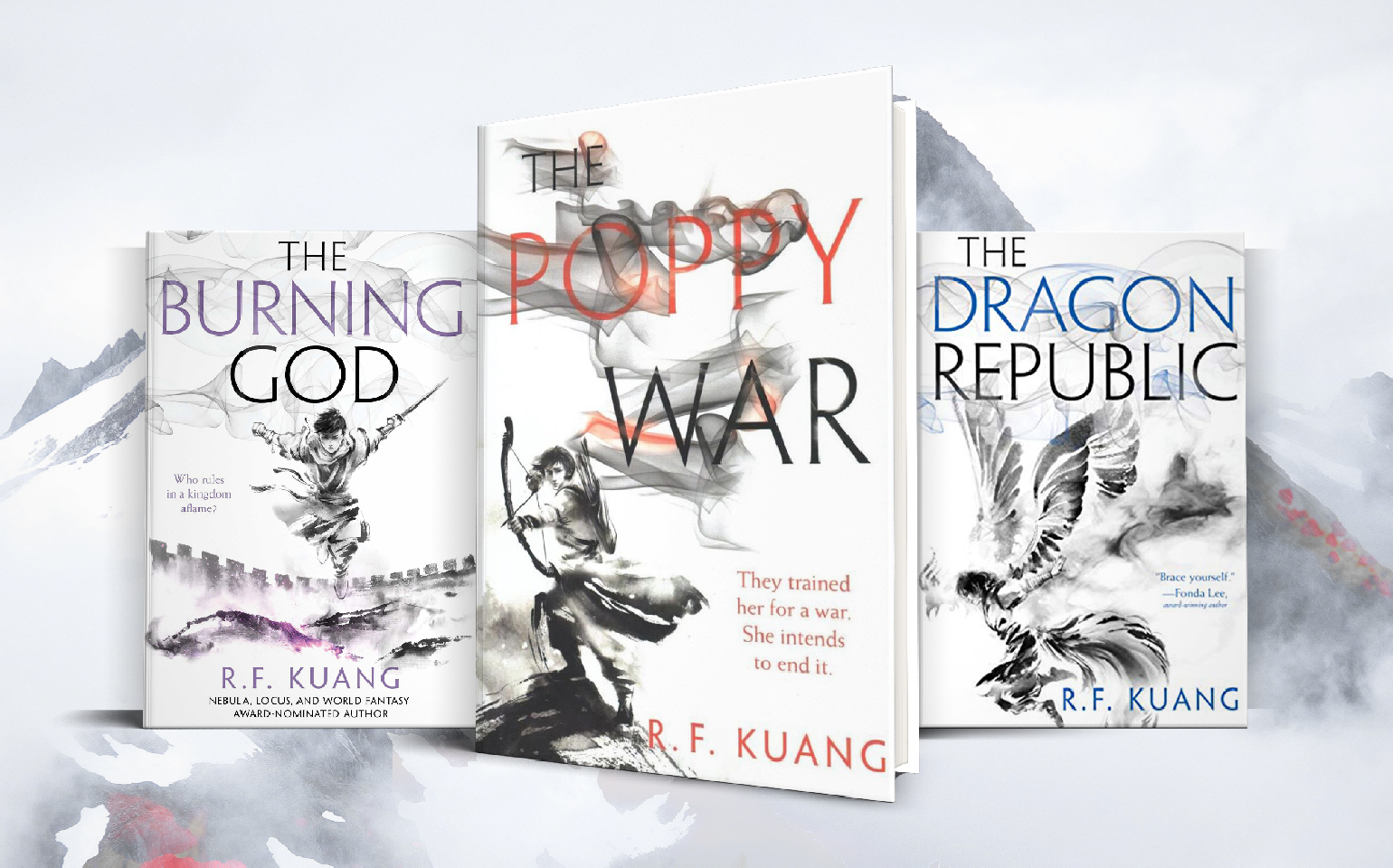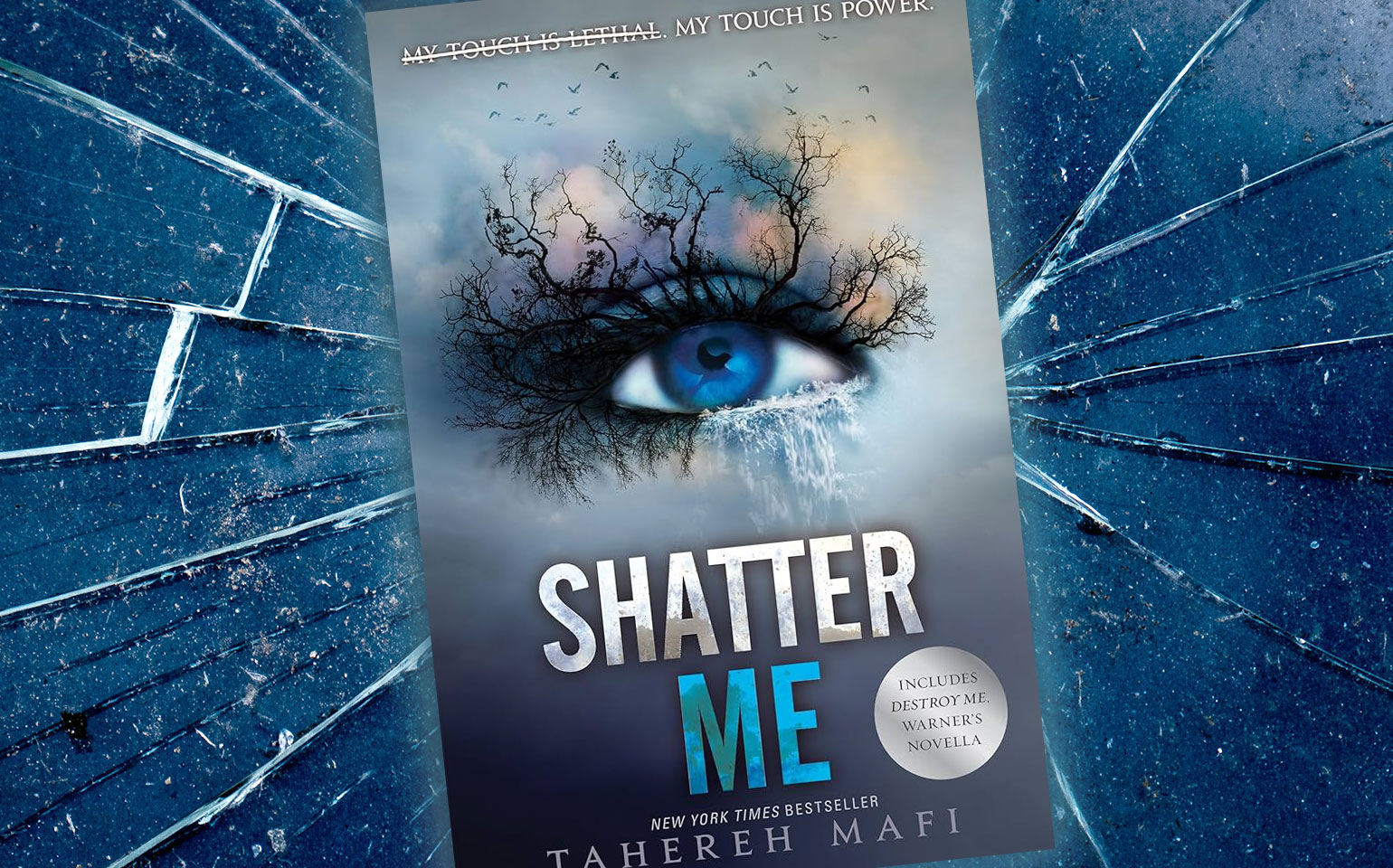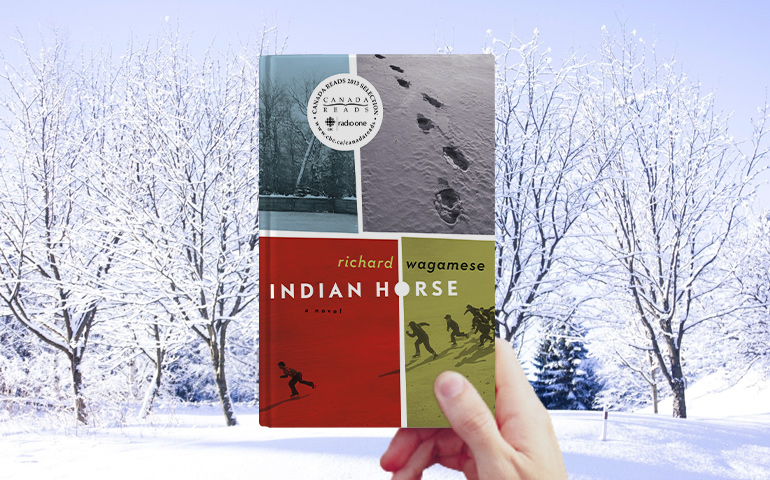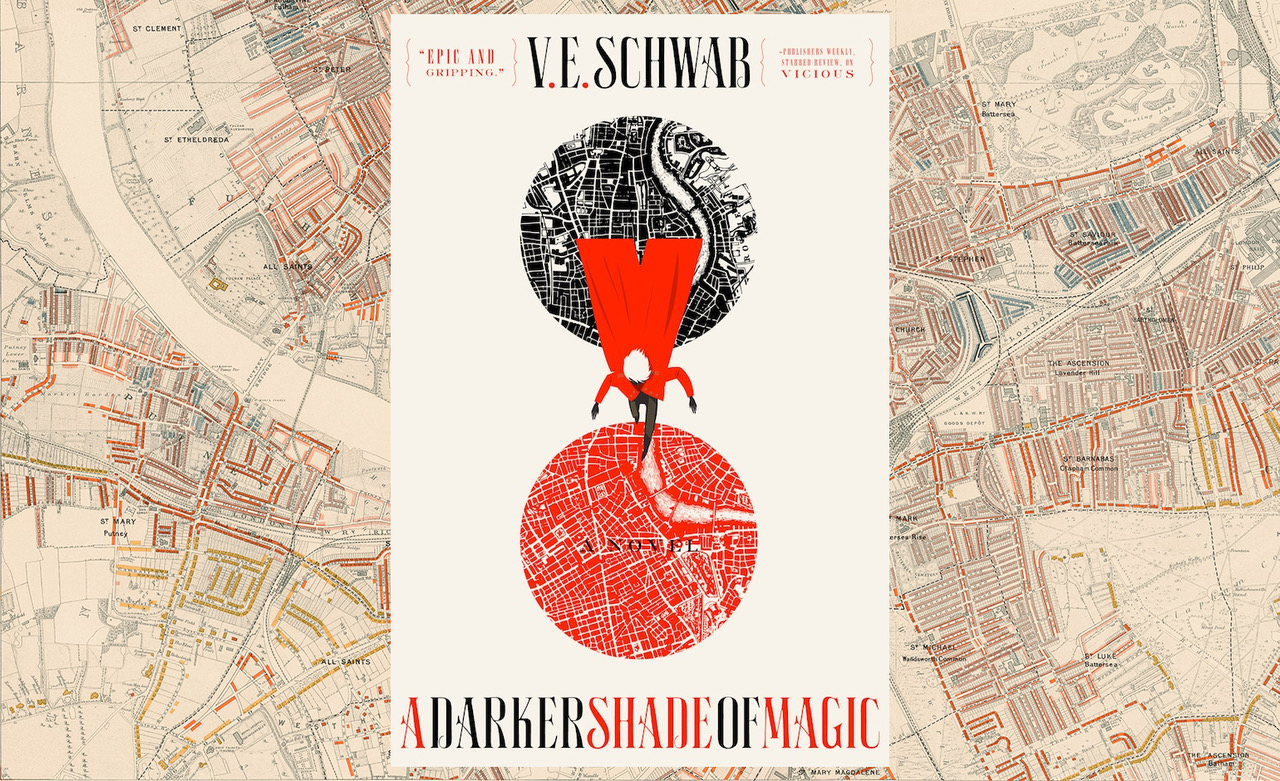
The Poppy War: A Review
Like many other readers, Book Tiktok, or “BookTok” is the place to go for a good book recommendation. While many recommendations and reviews seem interesting at first glance, none really caught my attention until The Poppy War by R.F Kuang. This dark fantasy piece instantly caught my eye and became one of my favourite books of all time.
Set in ancient times in a country named Nikan, Fang Runin, or Rin for short, has passed the Keju, a nation-wide exam to find the most gifted youth to join the Military Academies. As a young war orphan, no one expected her to pass, let alone get into the most elite academy, Sinegard. This offers her an escape from her impoverished life in her home province, so she eagerly accepts the admission; however, the school has a darker side. As a peasant girl with dark skin, she finds herself the target of bullying and harassment from her peers and mentors but withstands all of it. She learns that she possesses the gift of shamanism and with the help of one of her teachers, discovers that the gods are very much alive and could be the key to great power. Meanwhile, the enemy nation, the Mugenese, waits across the ocean for their chance to strike Nikan, and war awaits. Rin’s shamanism may be the key to winning this war, but to do so, she may need to sacrifice everything.
“War doesn’t determine who’s right. War determines who remains.” (Rin, The Poppy War)
The Poppy War details the very real realities of war and the mental and physical toll it takes on a young soldier. Based loosely on the Second Sino-Japanese War, the topics discussed in the book are very dark and can be hard to read at times. As a general warning, read the trigger warnings beforehand, as it can be difficult for some readers to handle such graphic subjects. But while it was difficult to read, it also made me love the book even more. Many authors do not handle these dark topics well, but Kuang handles them beautifully, shedding light on the realities of war and how cruel humans can be. Not only are difficult topics like war brutality and corruption covered, but also more unlikely topics, such as colourism and opioid addiction. It was refreshing to read a book where the brutality isn’t glossed over and actions are not defined as “good” or “bad.” Each army commits crimes, and they acknowledge that it is simply war, there are no good or bad guys.
As I read The Poppy War, I found that I was drawing connections from the novel to one of my favourite shows, Avatar: The Last Airbender (ATLA). The concept of shamanism in the novel has roots in Buddhism, similar to air bending in ATLA. In general, the two pieces are very similar. There is an all-powerful enemy that needs to be defeated, and child soldiers are enlisted in the fight, one of them being essential to winning the war.
“I have become something wonderful, she thought. I have become something terrible. Was she now a goddess or a monster? Perhaps neither. Perhaps both.” (Rin, The Poppy War)
In terms of characters, Rin was my absolute favourite. Since the whole story is told from her perspective, we don’t get much insight into the other characters, but Rin makes up for it. She’s a fighter, and her character development is incredible. She starts desperate to both please and beat her peers at Sinegard and grows to be a battle-hardened warrior with obvious weaknesses. She battles opioid addiction, struggles to control her power, and combats grief as her comrades fall in battle. She makes difficult choices and she makes mistakes. She is not easy to like, but yet, you find yourself rooting for her. She makes bad decision after bad decision, but through her internal monologue, you understand her reasoning and feel sympathy for her. Rin does not grow to be a better person, her experiences shape her into a bitter being, similar to Katniss Everdeen in The Hunger Games. This again goes back to the realistic portrayal of tragedy by Kuang, the things we go through don’t always make us better people. I truly admire how independent Rin is. Even as a soldier, she refuses to take orders and is reliant on herself, almost to a fault. The best part of her character though, is how she has no romantic motivations. It was so refreshing to read about a character, especially a female character, who isn’t driven by romance. Not to say that the book has no romance at all, but it’s so subtle you almost have to squint to see it.
The biggest downside to the novel that I found was in the pacing, and how the story was split into three parts. While Part I and III were interesting, with twists and turns in every chapter, Part II in comparison seemed slow, almost boring. By simply moving some major twists from Part III into Part II, I think the pacing could have been easily fixed. Another issue I found was that the book itself had longer chapters and was not easily digestible. It didn’t bother me, but I know that’s a pet peeve of many other readers. While it may be different for the hardcover, the paperback version had almost Bible-thin pages, which was incredibly annoying as someone who likes to write in and annotate their books! All in all, the novel was amazing, and I had a hard time trying to brainstorm its shortcomings.
Overall, The Poppy War is a masterpiece of fiction, one that will stick with me for years to come. With constant twists and turns and a fierce heroine, I was on the edge of my seat the whole time. In my opinion, I rate it a solid 9/10, with a spot on my list of favourite books. For fans of dark fantasy or into a more gruesome version of Avatar: The Last Airbender, I would definitely recommend this book.



